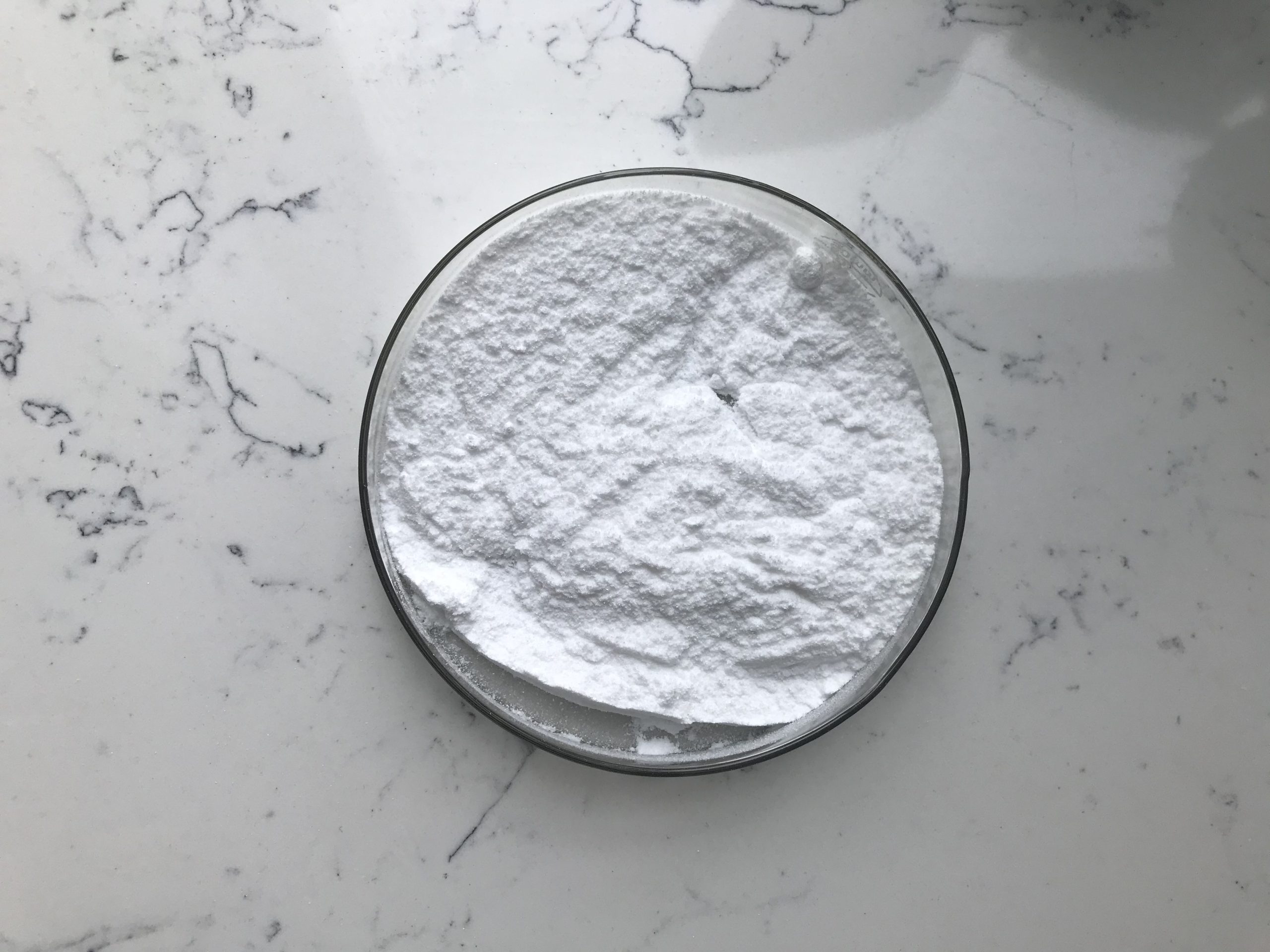L-Theanine is an amino acid found primarily in tea leaves, especially in green tea. It has gained popularity for its potential health benefits, including its calming and relaxing effects. The processing of L-Theanine involves several steps:
Harvesting tea leaves: L-Theanine is naturally present in tea leaves, so the first step is to harvest the tea leaves, typically from Camellia sinensis plants.
Withering: After harvesting, the tea leaves are often allowed to wither, which involves spreading them out to reduce moisture content. This step can vary depending on the type of tea being produced.
Steaming or pan-frying: For green tea production, the tea leaves are typically steamed or pan-fried to prevent oxidation. This step helps preserve the L-Theanine content, as oxidation can degrade it.
Rolling: After steaming or pan-frying, the tea leaves are rolled to shape them and further release their aromatic compounds and flavors.
Drying: The rolled tea leaves are then dried to remove any remaining moisture. This drying process is critical for preserving the L-Theanine content.
Grinding or cutting: In some cases, the tea leaves may be ground into a fine powder (as in the case of matcha) or cut into smaller pieces, depending on the type of tea being produced.
Packaging: Once the tea leaves are processed and dried, they are packaged and ready for distribution and consumption.
It’s important to note that L-Theanine content can vary depending on various factors, including the type of tea, the processing method, and the growing conditions of the tea plants. Green tea is generally considered to have a higher L-Theanine content compared to other types of tea.
Theanine is believed to contribute to the calming and relaxing effects of tea and may have potential health benefits, such as reducing stress and anxiety. It is also commonly used as a dietary supplement in various forms, such as capsules or tablets, for those seeking its potential therapeutic effects. However, it’s essential to consult with a healthcare professional before using L-Theanine supplements for specific health concerns.
Applications of L-Theanine
L-Theanine is an amino acid primarily found in tea leaves, especially green tea (Camellia sinensis). It is known for its potential health benefits and has gained popularity as a dietary supplement. Here are some of the common applications of L-Theanine:
Stress and Anxiety Reduction: L-Theanine is known for its calming effects. It can promote relaxation and reduce anxiety without causing drowsiness. It does this by increasing the production of certain neurotransmitters like GABA, which have a calming effect on the brain.
Improved Sleep Quality: Some individuals use L-Theanine to help improve the quality of their sleep. It can help in falling asleep faster and experiencing deeper sleep, again due to its calming properties.
Cognitive Enhancement: L-Theanine is often taken in combination with caffeine, found in tea, coffee, or supplements, to enhance cognitive function. It can counteract some of the negative effects of caffeine, such as jitteriness and anxiety, while still providing a mild energy boost. This combination is believed to improve focus, alertness, and attention.
Mood Regulation: L-Theanine may help stabilize mood and reduce symptoms of depression. It can modulate neurotransmitters like serotonin and dopamine, which play a role in mood regulation.
Stress Management: L-Theanine’s ability to reduce stress and anxiety makes it a useful tool for stress management. It can be taken as a supplement or consumed through tea to help manage the effects of stress.
ADHD and Attention Issues: Some research suggests that L-Theanine may be beneficial for individuals with attention deficit hyperactivity disorder (ADHD). It may help improve focus and reduce impulsivity, though more research is needed in this area.

Blood Pressure Regulation: L-Theanine may have a mild blood pressure-lowering effect. It can help individuals with slightly elevated blood pressure maintain healthy levels.
Antioxidant Properties: L-Theanine exhibits antioxidant properties, which can help protect cells from oxidative stress and reduce the risk of certain diseases.
Weight Management: There is some evidence that L-Theanine, when combined with other supplements like caffeine, can aid in weight management by increasing metabolism and promoting fat loss.
It’s essential to note that while L-Theanine is generally considered safe when used at recommended doses, it may interact with certain medications or have different effects on different individuals. Always consult with a healthcare professional before starting any new supplement regimen, especially if you have underlying health conditions or are taking medication. They can provide guidance on the appropriate dosage and any potential interactions or side effects.
